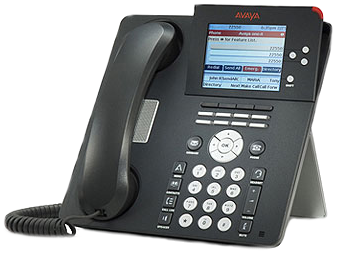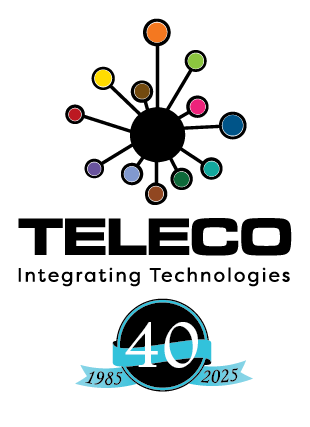
Why not just use cell phones, email and chat tools?
While this solution may work for a one man/woman business, it will not work well at all for a larger company….so most businesses. You might say “Well, I already own a cell phone so it will cost me more to have a phone system as well”. That is true except you will then need to purchase a mobile phone for every staff. Maybe staff are using their own cells phones. What happens when a staff leaves your employ and customers have their cell number as the contact for your business? As well cell phones are missing many important features that are available on a phone system.
Features as basic as call transfer, call parking and music on hold are not available on cell phones.
More features that most people expect such as auto attendants, call presence information for colleagues and special call handling are non-existent on cell phones. Call presence information available on phone systems such as “Is a colleague’s phone on do not disturb?”, “Is a co-worker on the phone?” or “Is a staff’s phone ringing?…”Can I pick-up that call?” are not conceivable on current mobile devices. Call handling such as “Press 0 to talk to reception”, ring multiple phones at the same time or sequentially, shared voicemail boxes, automated night service or time of day or specific day such as holidays or weekends are not available on cell phone service. Advanced features such as call queuing, announcements, automated or ad-hoc and centrally stored call recording, call centre solutions, coaching or listening on calls for training are where mobile phones are not in the same universe as a good, well designed PBX phone system.
I use email all the time to communicate with colleagues and customers. It is a magnificent communication tool but does not replace the telephone. It is not time sensitive so the sense of urgency is lost, is difficult to have a discussion, and does not have all the features above that a proper phone system has configured. Chat is time sensitive but again does not have the features of a modern PBX or the human interaction of voice.
Unlike email or chat, the a voice conversation forces people to be more precise, truthful and sympathetic.
Quite a bit of human communication is non-verbal. This means that the actual words we use only communicate some of the information to the other person and vice versa. Thus certain types of contact work much better by phone….and some by face to face meetings.
Email generally cannot be written it in such a way to explain all the information the other person requires especially when it is more complicated or more detailed. There always seems to be room for ambiguity in the wording. In a voice or face-to-face conversation people can tell each other immediately what they mean and pick up on much of the non-verbal information.
All types of communication are useful and have their place and it takes an understanding person to decide which it better for each situation. That being said unless something dramatically changes in human evolution or technologically with the human-machine symbiosis, voice communication is required for businesses and in most cases a phone system will be required for efficient and effective customer service.
Okay so businesses need a PBX. But do they really need a deskphone for all staff? Why not use a softphone client on a computer or cell phone, which is a computer anyway? Many people could use these “soft” options. There are situations such as a shop area, staff without company issued mobile phones, lunch room, boardrooms and other locations without computers where a deskphone is required. So we cannot get rid of them completely.
Talk to us at TELECO and we can help you navigate the complexities of PBXs, softphones, email, chat or other communication tools today and in the future with the Borg….just kidding.
